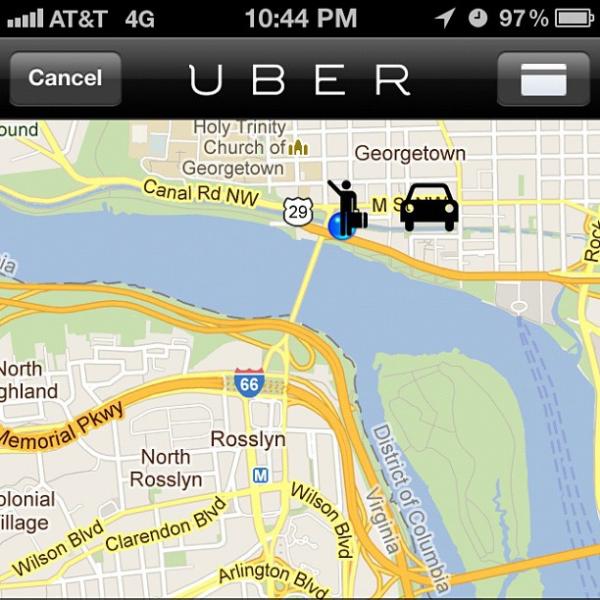
On June 9, the Federal Trade Commission hosted a daylong panel, “The Sharing Economy: Issues Facing Platforms, Participants, and Regulators.” The sharing economy encompasses the various peer to peer platforms, such as Uber and Airbnb, which have transformed the worldwide marketplace by facilitating transactions directly between consumers. By using data, social media, and smartphone apps to match buyers and sellers, individuals can rent out their personal assets such as cars, homes, and apartments, in addition to their own time and skills, for a determined fee.
As the sharing economy has grown exponentially in the past few years and shows no signs of stopping, more and more economists, academics, and entrepreneurs are beginning to pay attention. NYU Professor Arun Sundararajan, a leading expert on this issue, participated in an afternoon panel and discussed various topics including the transformations, consumer benefits, and regulations pertaining to these platforms.
When discussing consumer benefits, Arun described how the sharing economy improves standard of life and cuts costs, especially for lower-income individuals and families:
“Looking at the economic impacts of peer to peer markets projects a story of inclusive growth, a growth where the benefits are positive but they are captured disproportionately by people below median income because these are the people who are able to expand their consumption through rental where ownership was a barrier . . . people can get access to a higher quality of life through the work done in the sharing economy.”
However, just as these platforms are growing and consumers enjoy the benefits, the government and other entities are seeking to draw up more regulations to govern these platforms. Professor Sundararajan highlights that self-regulation in the sharing economy can now replace some of the things the government had to oversee in previous decades:
“It seems natural to think about the self-regulatory approaches that this might introduce into the economy that maybe there are things that this third party entity that didn’t exist in the past can now shoulder for society that the government had to in the past . . . This is not the same as no regulation. This is not the same as de-regulation. It is simply the performing of regulatory acts by entities other than the government.”
Lastly, Professor Sundararajan stressed when speaking about regulation that one of the most fundamental changes brought about by the sharing economy is that traditional business models are being upended:
“When thinking about regulating the sharing economy, to me a central point in this discussion in what this policy framework should like is the recognition of the fact that a lot of these platforms blur the lines between personal and professional in commercial services.”
The sharing economy allows individuals to earn extra money on the side, work flexible hours, and spend more time with family. As Americans procure these new opportunities and benefits, the federal government needs to stay on the sidelines, not enact new, burdensome regulations.

